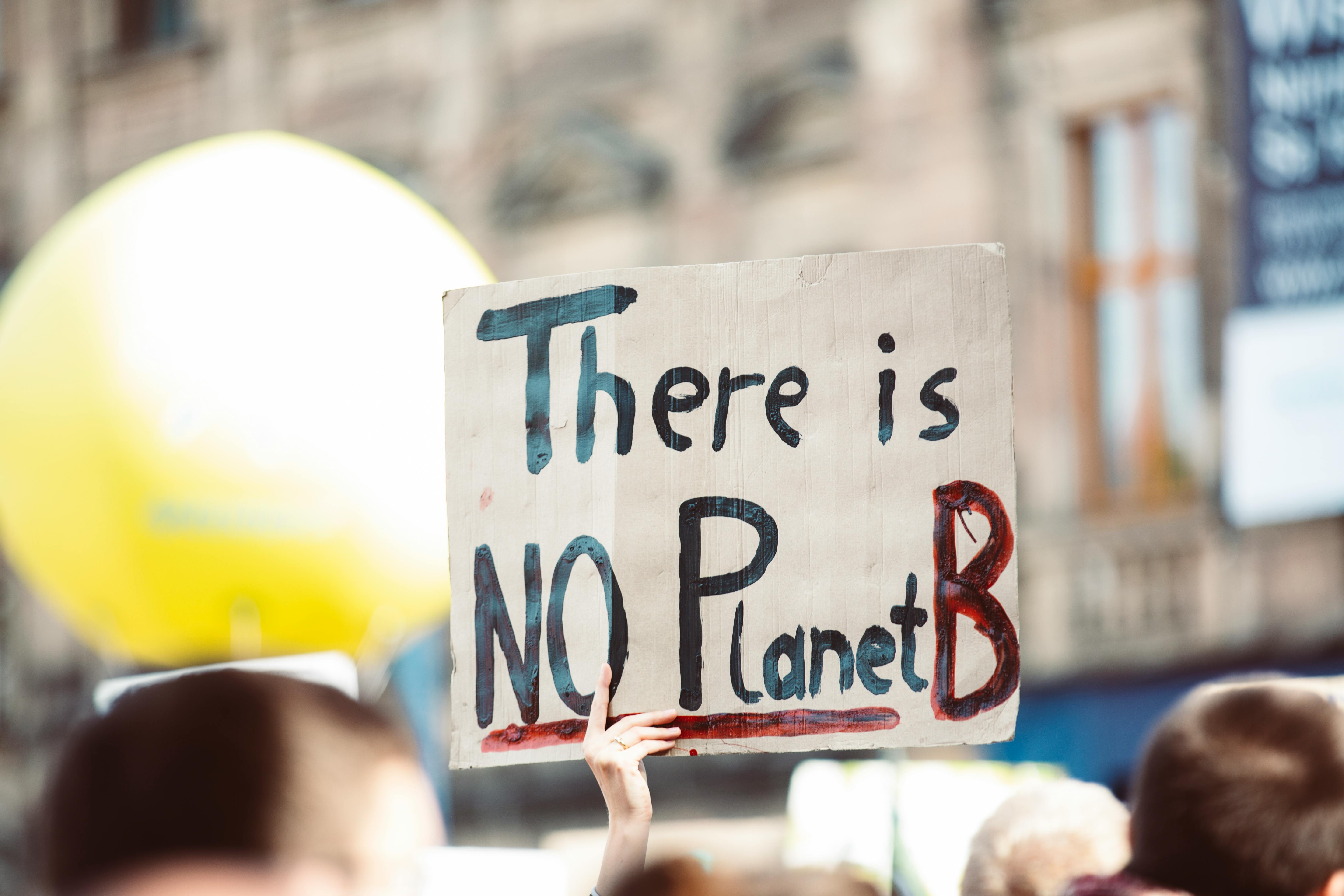Environmental Law in 2025: How Regulations Are Shaping Business and Climate Policy

Environmental law in 2025 plays a central role in addressing climate change, regulating industries, and promoting sustainable practices. With climate concerns becoming a global priority, the U.S. has updated and expanded regulations to align with both national and international climate goals.
From stricter carbon emission limits to new renewable energy incentives, environmental law is no longer optional for businesses—it’s a defining factor shaping economic decisions and corporate responsibility.
Why Environmental Law Matters in 2025
In 2025, environmental law is not just about compliance; it’s about survival. Companies that fail to adapt face legal risks, financial penalties, and reputational damage. At the same time, businesses embracing sustainability benefit from tax incentives, consumer trust, and long-term growth.
Key Environmental Agencies and Their Role

1. Environmental Protection Agency (EPA)
The EPA enforces federal environmental laws, including the Clean Air Act and Clean Water Act. In 2025, it has expanded oversight on greenhouse gas emissions and toxic waste management.
2. Department of Energy (DOE)
The DOE manages national energy policies, promoting renewable sources such as solar, wind, and nuclear power while reducing dependence on fossil fuels.
3. State Environmental Agencies
Many states have their own environmental protection offices, creating stricter local laws on emissions, recycling, and land use.
4. International Cooperation
The U.S. also collaborates with global organizations to meet climate agreements such as the Paris Accord, aligning domestic law with international sustainability standards.
Major Environmental Regulations in 2025

1. Carbon Emission Standards
The U.S. has implemented stricter carbon caps across industries, requiring companies to reduce emissions or purchase carbon credits.
2. Renewable Energy Mandates
Federal law now requires utilities to source a minimum percentage of electricity from renewable energy, accelerating the clean energy transition.
3. Waste Management and Recycling Laws
Companies must comply with nationwide recycling standards and face penalties for improper disposal of hazardous materials.
4. Water Protection Regulations
New water safety laws target industrial pollution, mandating stricter filtration systems and sustainable water use.
5. Climate Risk Disclosure
Public companies are now required to disclose climate-related risks in their financial reports, ensuring transparency for investors.
Impact on Businesses and Industries

1. Compliance Costs
Businesses face increased costs for upgrading equipment, reducing emissions, and meeting new reporting requirements.
2. Innovation Opportunities
Stricter laws encourage investment in green technology, from electric vehicles to renewable energy solutions.
3. Supply Chain Adjustments
Companies are pressured to source sustainable materials and reduce environmental impacts across global supply chains.
4. Competitive Advantage
Firms embracing sustainability gain consumer trust, brand loyalty, and access to eco-conscious investors.
5. Risk of Penalties
Non-compliance can result in fines, lawsuits, and reputational damage, particularly for large corporations under public scrutiny.
Environmental Law and Climate Policy

1. Emission Reduction Goals
The U.S. has committed to reducing greenhouse gas emissions by nearly 50% by 2030, with 2025 laws setting stricter annual reduction targets.
2. Renewable Energy Expansion
Laws support the transition to solar, wind, and nuclear power, offering tax credits and subsidies for businesses and homeowners adopting clean energy.
3. Electric Vehicle Incentives
New policies provide rebates for EV purchases and require automakers to meet minimum production quotas for electric cars.
4. Climate Adaptation Policies
Environmental law now emphasizes adaptation, requiring states to plan for rising sea levels, droughts, and extreme weather events.
5. International Climate Leadership
By aligning with global agreements like the Paris Accord, the U.S. reinforces its leadership role in climate action.
Case Studies of Legal Enforcement in 2025

1. Corporate Carbon Violations
In 2025, a major energy corporation was fined billions for exceeding carbon emission caps, setting a precedent for stricter enforcement.
2. Water Contamination Lawsuits
A U.S. manufacturing company faced lawsuits after toxic waste leaked into community water supplies, highlighting strict accountability.
3. Illegal Deforestation Penalties
Several construction firms were penalized for violating deforestation restrictions, reinforcing sustainable land use laws.
4. Renewable Energy Compliance Success
On the positive side, states like California and New York received federal incentives for exceeding renewable energy benchmarks.
5. International Enforcement Example
U.S. regulators partnered with European agencies to prosecute cross-border e-waste dumping, strengthening global cooperation.
How Businesses Adapt to New Environmental Laws

1. Sustainability Integration
Companies are embedding sustainability into their business models, from product design to logistics, ensuring full compliance with environmental standards.
2. Green Innovation
Corporations are investing in green technologies such as hydrogen fuel, carbon capture systems, and AI-driven energy efficiency.
3. Supply Chain Transformation
Global supply chains are shifting toward renewable energy and eco-friendly sourcing to meet regulatory demands.
4. ESG (Environmental, Social, Governance) Reporting
Public companies are required to report their ESG strategies, and businesses are adopting transparency to attract investors.
5. Workforce Training
Businesses now train employees on sustainability practices and compliance to align with evolving regulations.
The Role of Environmental Attorneys in 2025

1. Corporate Legal Guidance
Attorneys advise businesses on compliance with environmental regulations, helping reduce legal risks and avoid penalties.
2. Community Representation
Lawyers represent communities affected by pollution, ensuring corporations are held accountable for environmental damage.
3. Litigation and Lawsuits
Environmental attorneys pursue legal actions against companies violating pollution, deforestation, or waste management laws.
4. Policy Advocacy
Attorneys also contribute to shaping climate legislation, advising policymakers on effective environmental protections.
5. International Law Expertise
With globalization, environmental attorneys increasingly handle cross-border cases involving pollution and resource use.
The Future of Environmental Law Beyond 2025

1. AI-Driven Monitoring
Artificial intelligence will be increasingly used to monitor emissions, pollution levels, and corporate compliance in real time.
2. Stricter International Agreements
The U.S. is expected to adopt new binding agreements on biodiversity, ocean protection, and global carbon neutrality goals.
3. Green Taxation Policies
Governments may implement carbon taxes and green levies, pushing industries to adopt eco-friendly practices faster.
4. Corporate Responsibility Standards
Companies will face stricter ESG accountability, requiring independent audits on sustainability efforts.
5. Public Engagement
Citizens will have more legal power to sue corporations and governments failing to protect the environment.
Conclusion: Protecting the Environment Through Law

Environmental law in 2025 has become a cornerstone of U.S. climate strategy, shaping industries, guiding corporate responsibility, and protecting citizens.
From renewable energy incentives to stricter pollution enforcement, the legal system ensures sustainability is a shared priority across businesses and communities.
📌 Call to Action
Stay informed about environmental policies that affect your industry and community. Businesses should invest in clean technologies and ESG transparency, while individuals can support eco-conscious companies and advocate for stronger protections.
Together, law and society can build a greener, safer future.
